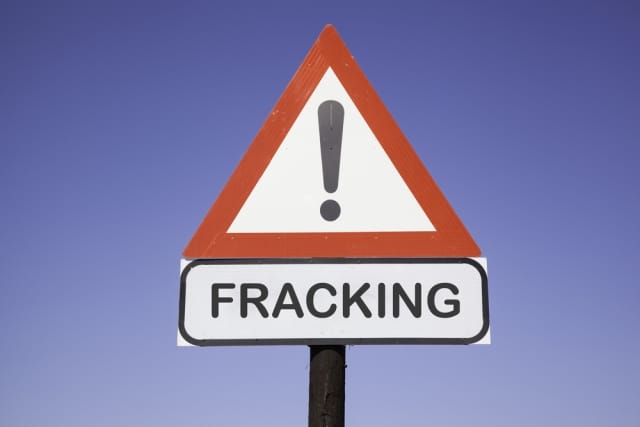A new study has found that people living in close proximity to a fracked natural gas well are twice as likely to suffer upper-respiratory or skin problems.
The study, published by Environmental Health Perspectives, found that 39% of people living less than a kilometer from a well in Washington County, Pennsylvania, which is part of the Marcellus Shale, reported upper respiratory problems, compared to 18% of people living 2km or further from a well.
Some 13% of people living a kilometer or less from a natural gas well reported rashes and other skin problems, while 3% living 2km or further reported similar problems.
The study was led by researchers at Yale University and surveyed 492 people in 180 households with ground-fed water wells. The authors concluded:
While these results should be viewed as hypothesis generating, and the population studied was limited to households with a ground fed water supply, proximity of natural gas wells may be associated with the prevalence of health symptoms including dermal and respiratory conditions in residents living near natural gas extraction activities. Further study of these associations, including the role of specific air and water exposures, is warranted.
Further study is certainly warranted, especially in light of several other recent news items pointing to the dangers of fracking.
Just last month, for instance, the Pennsylvania Department of Environmental Protection released records showing that state regulators had found at least 243 cases in which fracking operations contaminated private water wells between 2008 and 2014. In some cases, wells simply went dry, but in many other cases wells were polluted by methane gas or wastewater that was spilled.
There are more than 7,000 active natural gas wells in Pennsylvania, and they have been cited nearly 4,000 times for environmental violations.
Image Credit: White road warning triangle with black exclamation point and red frame on a wooden mast in front of a blue sky. A second rectangular sign warns in english about fracking by Michael Wick / Shutterstock.com
Subscribe to our newsletter
Stay up to date with DeSmog news and alerts






